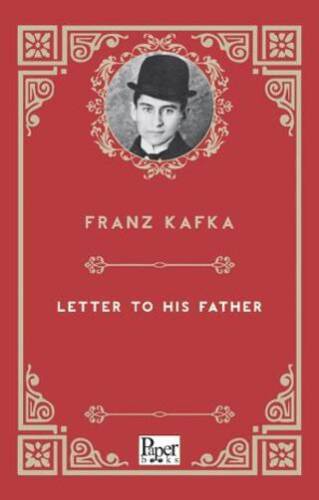“If you are to reproach me for anything, let it be my silence. For everything lies within that silence.” Franz Kafka’s Letter to His Father, written in 1919, is a brutally honest, deeply moving, and uniquely literary attempt by a son to come to terms with the overwhelming authority of his father. But this letter is more than a personal document—it is a psychological self-portrait, a testimony of inner conflict, and an existential outcry. Kafka vividly describes how his father’s dominant and intimidating presence shaped, paralyzed, and distanced him. Through this intimate confrontation, we see how guilt, self-doubt, and helplessness influenced not only Kafka’s personal life but also his literary voice. It is a haunting account of a man seeking recognition—yet forever struggling with its inaccessibility. This Letter is not addressed solely to the father, but symbolically to all overpowering figures that suppress the self. Can love coexist with fear? How does a father—often unknowingly—shape the fate of a child? Letter to His Father remains one of Kafka’s most personal and sincere works—a literary document of timeless power and emotional depth.













